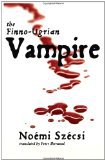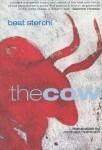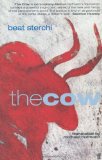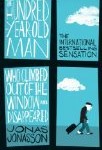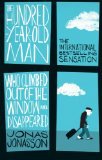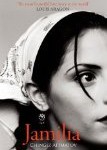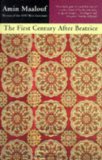 Translated from the French by Dorothy S. Blair
Translated from the French by Dorothy S. Blair
Winner of the 1993 Prix Goncourt
Five words from the blurb: beans, guarantee, birth, male, survival
I hadn’t heard of The First Century After Beatrice until it was recommended by A Fiction Habit, but I’m very pleased I read it and am surprised that this compelling, thought provoking book is not more well known.
The First Century After Beatrice begins with the discovery of a bean on an Egyptian market stall. This bean, derived from the scarab beetle, is said to guarantee the birth of a male child. Word quickly spreads and societies that favour male offspring are quick to take up the new invention. Slowly the population begins to be dominated by men and this book gives a realistic portrayal of the devastating effect this has on the human race.
The writing style was unusual in that the ideas were modern and very relevant to our society today, but the text felt as though it had been written a hundred years ago. It had the feel of a timeless classic, with fantastic quotable sections on almost every page:
‘You must think of public opinion as some bulky individual lying asleep. From time to time, he wakes up with a start, and you must take advantage of this to whisper an idea in his ear, but only the simplest, most concise idea, for he’s already stretching himself, turning over, yawning, he’s going to fall asleep again and you won’t be able to keep him awake or awaken him again.’
The pace was quite slow, but I was gripped to the moral dilemmas and interesting concepts that were introduced throughout. It reminded me of Blindness, one of my favourite books, in the way it took a simple idea and followed it through to its frighteningly realistic conclusion.
My only complaint was that the writing was quite detached from the horrors that were occurring. Normally this would be a big problem for me, but in this case I was so busy trying to decide what I’d do in each scenario that I didn’t mind the coldness.
Overall this was a fantastic book that deserves a far larger audience. Highly recommended.

.




